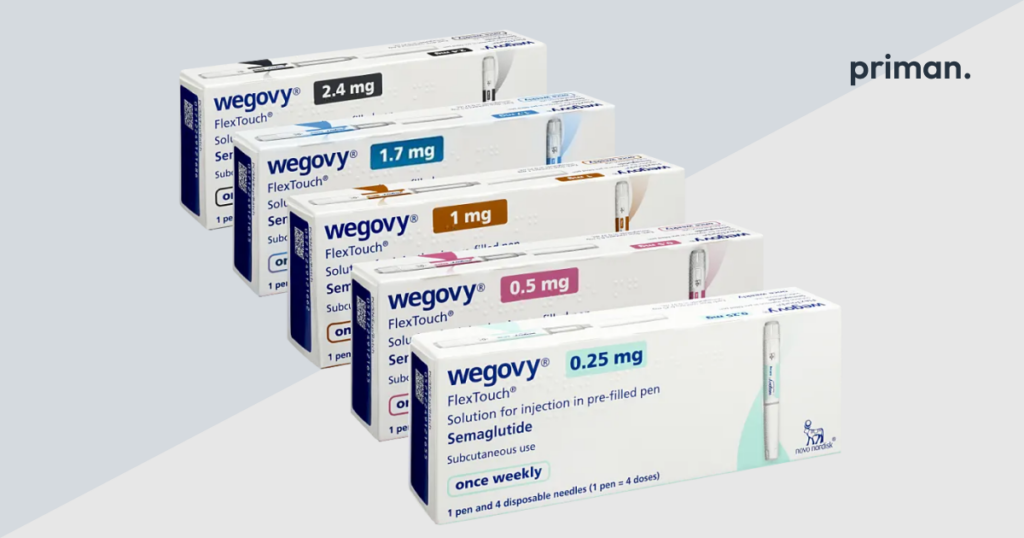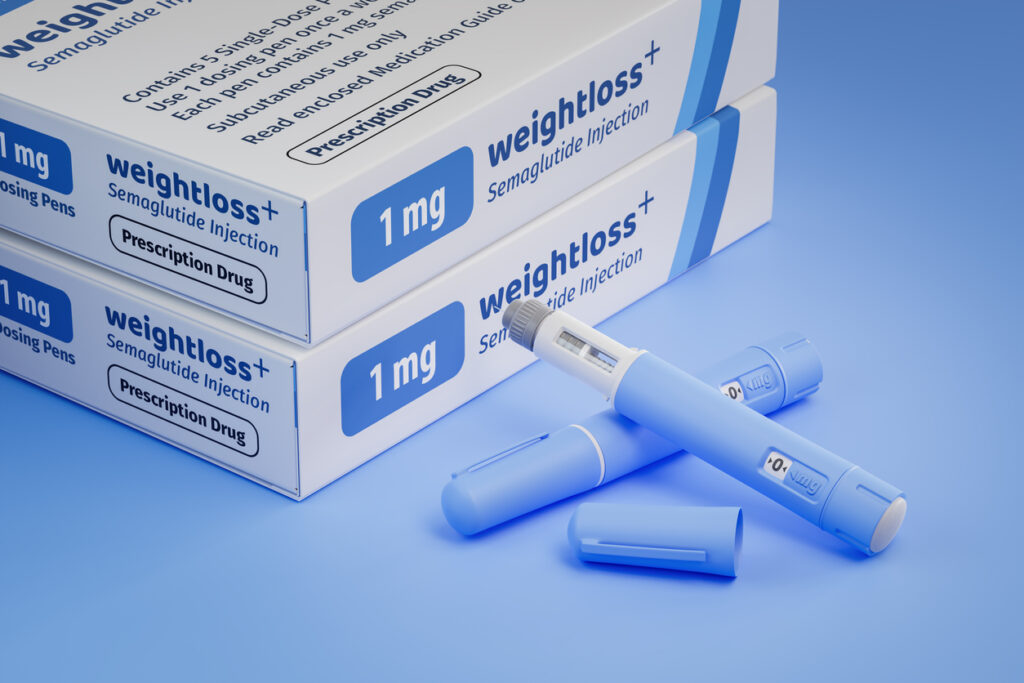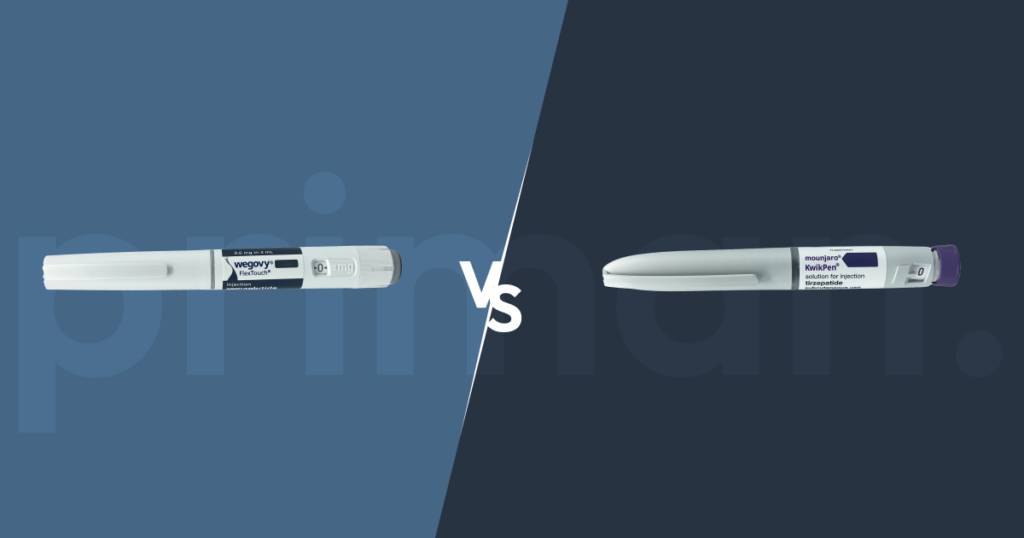Weight loss injections: Do the benefits outweigh the risks? Find out about common side effects, serious concerns, and who should avoid these medications
What Are Weight Loss Injections?
Weight loss injections, such as those containing semaglutide (branded as Wegovy and Ozempic) or tirzepatide (branded as Mounjaro), are weight loss medications administered subcutaneously (under the skin) with a pen-like device. These weight loss jabs work by mimicking a hormone called GLP-1, which regulates appetite and blood sugar levels. They can help individuals with obesity or overweight and related health conditions achieve and maintain weight loss.
Common Side Effects of Weight Loss Injections
- Gastrointestinal Issues: These are the most common side effects and often subside after the first few weeks. They include:
- Other Common Side Effects:
- Fatigue: Tiredness is a common side effect.
- Headache: Can occur in some individuals.
- Dizziness: May be experienced, especially after initial doses.
Serious and Rare Side Effects
- Pancreatitis: Inflammation of the pancreas, a serious but rare side effect. Symptoms include severe abdominal pain, nausea, and vomiting.
- Thyroid Tumours: While rare, there have been reports of thyroid tumours in people using these medications.
- Kidney Problems: Some individuals may experience kidney problems, particularly those with pre-existing kidney conditions.
- Increased Risk of Suicidal Thoughts and Behaviour: Studies have shown a possible increased risk of suicidal thoughts and behaviour in people using these medications. It’s crucial to monitor for any changes in mood or behaviour.
Who Should Avoid Weight Loss Injections?
- Pregnant or Breastfeeding Women: These medications are generally not recommended during pregnancy or breastfeeding.
- Individuals with a History of Pancreatitis: Those with a history of pancreatitis should avoid these medications.
- Individuals with a History of Medullary Thyroid Carcinoma (MTC): People with MTC should not use these medications.
- Individuals with a Personal or Family History of Multiple Endocrine Neoplasia Syndrome type 2 (MEN 2): These medications are contraindicated in individuals with MEN 2.
- Individuals with Diabetic Retinopathy: While not an absolute contraindication, caution is advised in individuals with diabetic retinopathy.
Tips for Minimising Side Effects
- Start with a Low Dose: Your doctor will usually start you on a low dose and gradually increase it to minimize side effects.
- Take Medication as Directed: Follow your clinician’s instructions carefully regarding dosage and timing.
- Eat Small, Frequent Meals: This can help reduce nausea and vomiting.
- Stay Hydrated: Drink plenty of fluids throughout the day.
- Avoid Trigger Foods: Identify and avoid foods that worsen side effects.
- Contact Your Healthcare Professional: If you experience any concerning side effects, contact your clinician immediately.
Alternatives to Weight Loss Injections
- Lifestyle Changes:
- Healthy Diet: Focus on a balanced diet rich in fruits, vegetables, whole grains, and lean protein.
- Regular Exercise: Aim for at least 150 minutes of moderate-intensity aerobic activity per week.
- Behavioural Therapy: Work with a registered dietitian or therapist to develop healthy eating and exercise habits.
- Other Medications:
- Orlistat: A medication that blocks the absorption of fat.
- Mysimba: Weight loss medication containing two active ingredients: naltrexone and bupropion. Targeting specific brain regions involved in appetite regulation and reward processing associated with food.
- Phentermine-topiramate: A combination medication that suppresses appetite.
When to Seek Immediate Medical Care
- Intense Nausea & Vomiting: If you can’t keep down anything due to severe nausea and vomiting.
- Possible Pancreatitis: Severe abdominal pain, fever, nausea, vomiting, and yellowing of the skin (jaundice) may indicate pancreatitis.
- Allergic Reactions: Hives, swelling, and difficulty breathing are signs of a potentially life-threatening allergic reaction.
Key Takeaway
Weight loss injections have shown potential in managing type 2 diabetes, with observed benefits including improved blood sugar control, weight reduction, and potential cardiovascular protection. However, it’s important to consider potential side effects and cost implications. The clinical evidence suggests these injections may be a valuable treatment option for suitable individuals.
Always consult with a qualified healthcare professional before starting any new medication, including weight loss injections. They can assess your individual health status and determine if these medications are appropriate for you.
References
Alavi, S. E. and Ebrahimi Shahmabadi, H. (2021) “GLP-1 peptide analogs for targeting pancreatic beta cells,” Drug discovery today, 26(8), pp. 1936–1943. doi: 10.1016/j.drudis.2021.03.032.
Bergmann, N. C. et al. (2023) “Semaglutide for the treatment of overweight and obesity: A review,” Diabetes, obesity & metabolism, 25(1), pp. 18–35. doi: 10.1111/dom.14863.
Mounjaro KwikPen 10mg solution for injection in pre-filled pen – Summary of Product Characteristics (SmPC) – (emc) (no date) Org.uk. Available at: https://www.medicines.org.uk/emc/product/15484/smpc.
Mysimba 8 mg/90 mg prolonged-release tablets – Summary of Product Characteristics (SmPC) – (emc) (no date) Org.uk. Available at: https://www.medicines.org.uk/emc/product/2684.
Patel, F. et al. (2023) “Acute pancreatitis in a patient taking semaglutide,” Cureus, 15(8). doi: 10.7759/cureus.43773.
Smits, M. M. and Van Raalte, D. H. (2021) “Safety of Semaglutide,” Frontiers in endocrinology, 12. doi: 10.3389/fendo.2021.645563.
Tin, A. (2024) Possible Ozempic side effects, including hair loss, probed by FDA; no link found to suicidal thoughts, CBS News. Available at: https://www.cbsnews.com/news/ozempic-possible-side-effects-hair-loss-suicidal-thoughts-fda/









